Yoon Suk Yeol has become the first sitting president in South Korean history to be arrested by law enforcement agents, after his compound was finally breached on Wednesday by officials investigating his failed attempt to impose martial law.
Anti-corruption investigators launched a pre-dawn operation – their second attempt to arrest Mr Yoon – triggering almost a three-hour-long standoff with the president’s supporters and more than 3,000 police officers.
Later on Wednesday hundreds of law enforcement officers entered the presidential residence in Seoul, and the agency declared he had been successfully detained.
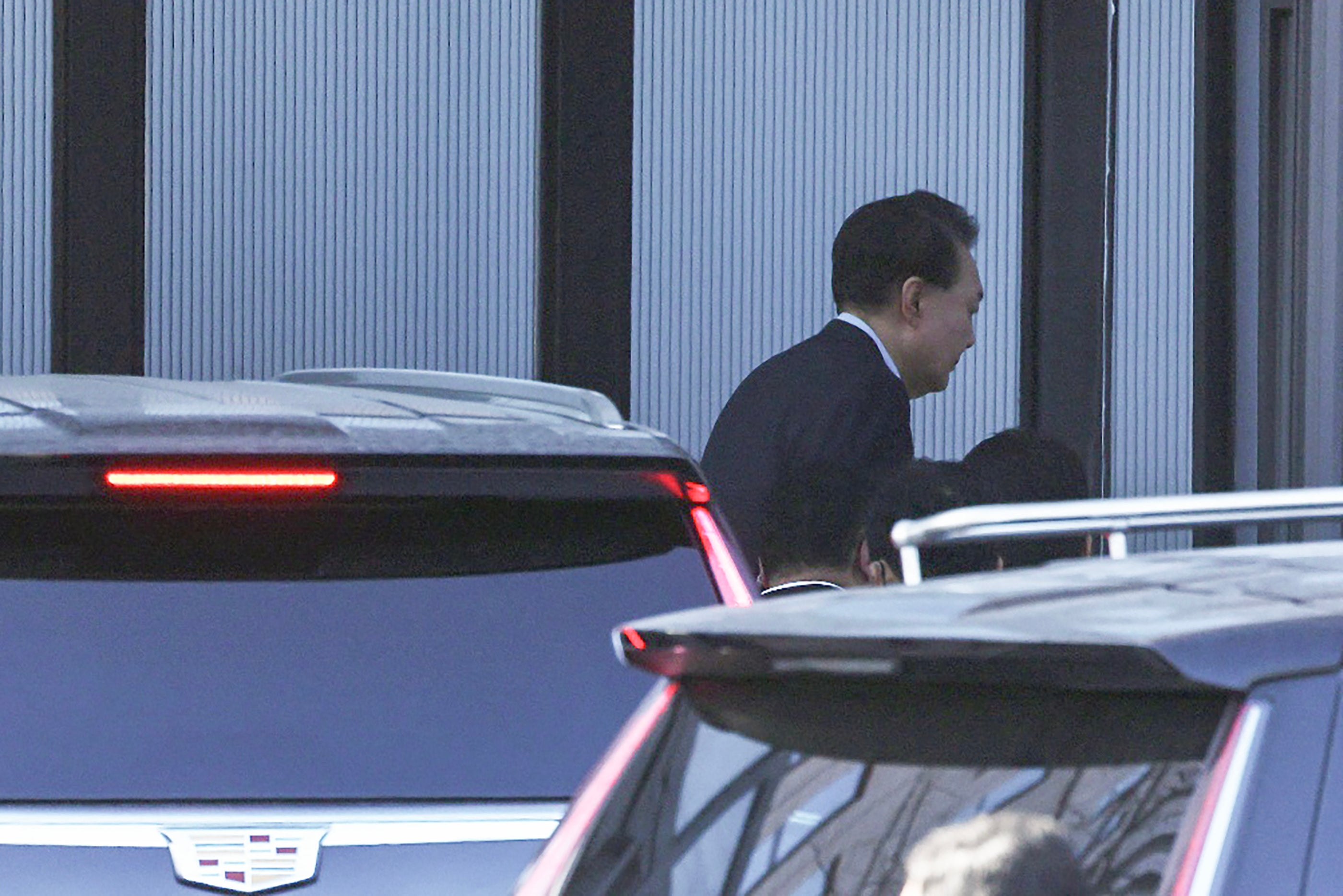
Mr Yoon has been holed up in his Hannam-dong residence for weeks as he avoided a summons by the Corruption Investigation Office (CIO) and vowed to “fight to the end”.
In a defiant video message filmed before he was escorted to the headquarters of the anti-corruption agency, Mr Yoon claimed he had decided to comply with the arrest warrant but that the “rule of law has completely collapsed in this country”.
Mr Yoon said he agreed to appear before the CIO to avoid any “unsavoury bloodshed” and that doing so does not mean the investigations against him are legitimate.
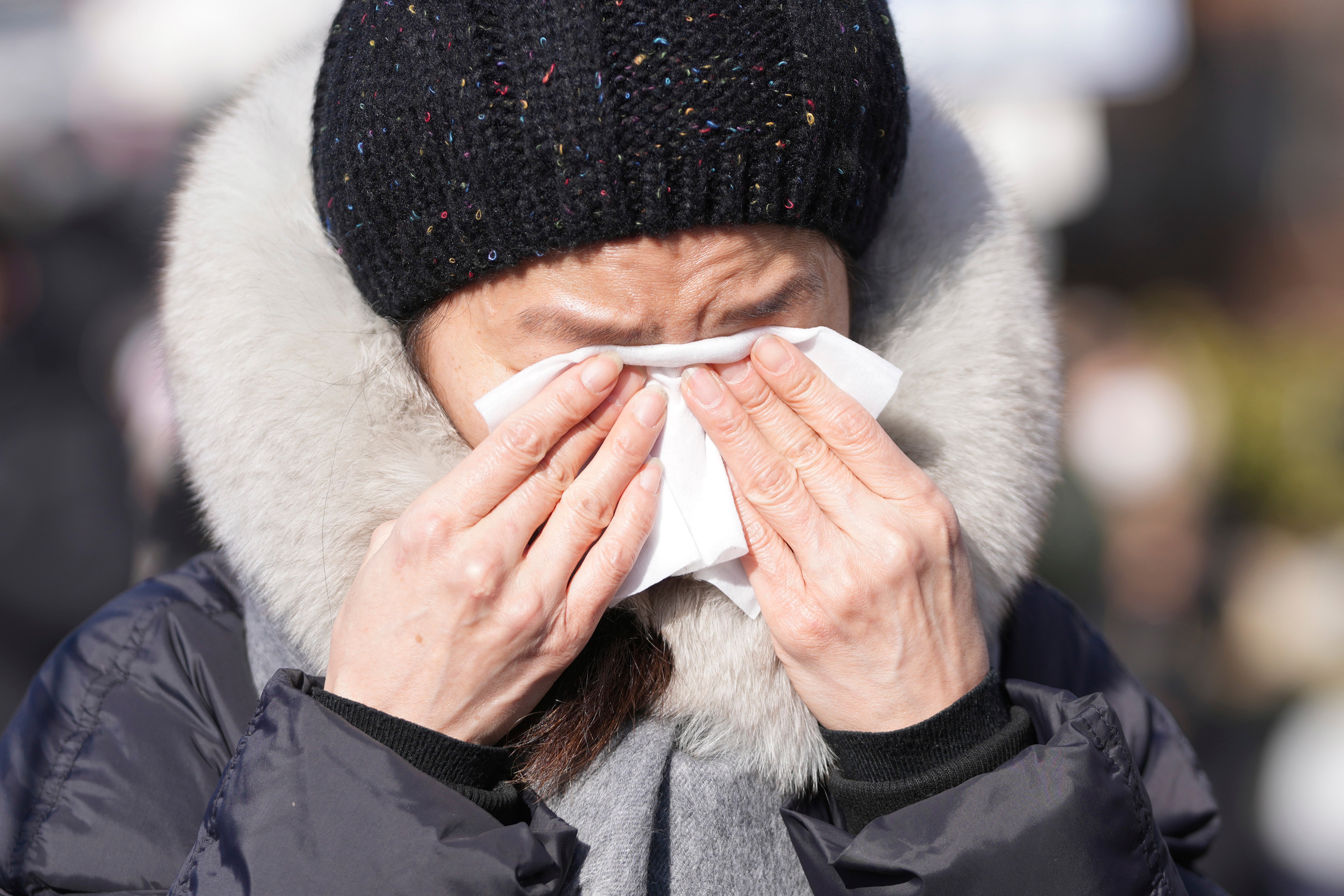
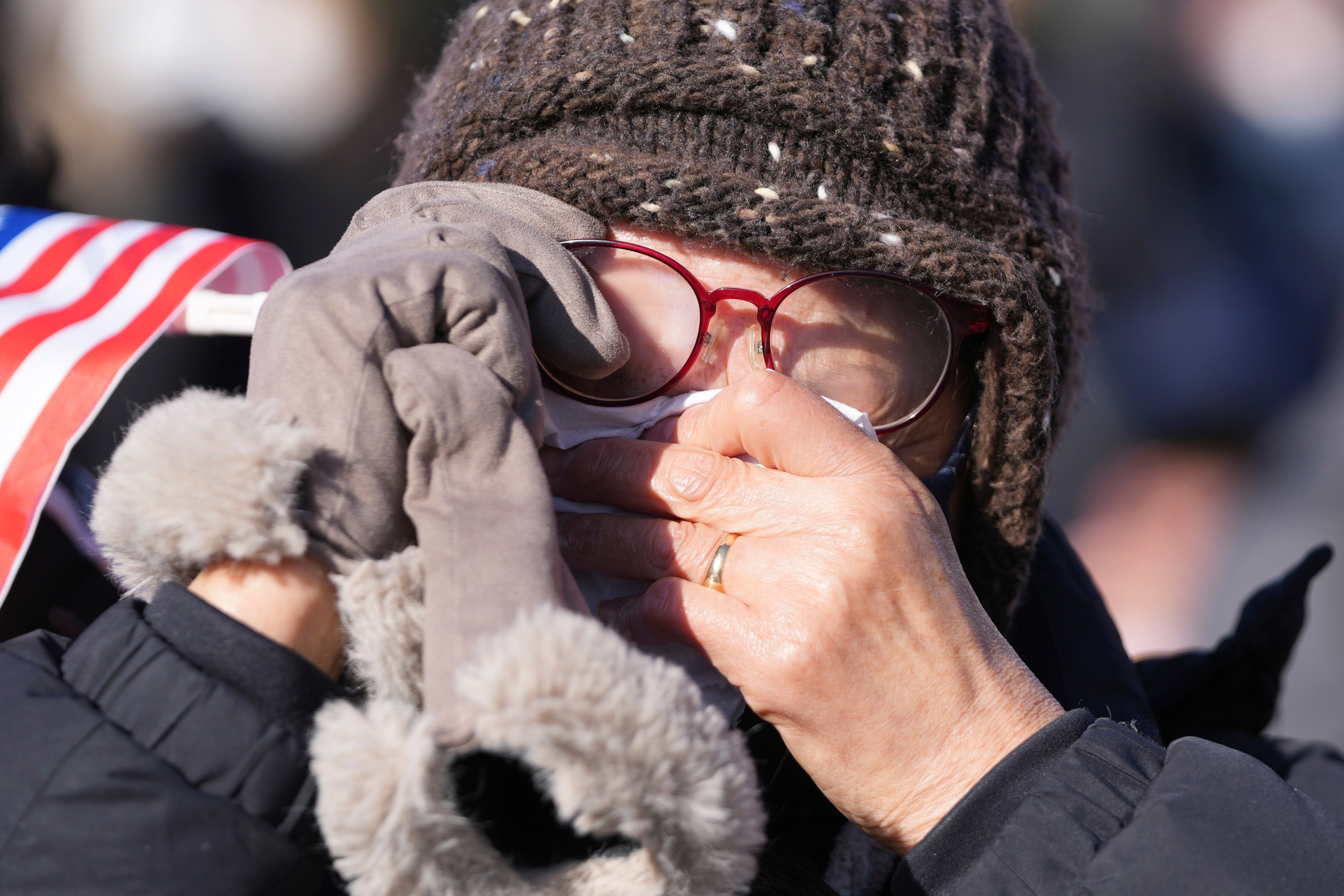
“When I saw them break into the security area using firefighting equipment today, I decided to respond to the CIO’s investigation – despite it being an illegal investigation – to prevent unsavoury bloodshed,” Mr Yoon said in a statement.
His lawyer Seok Dong-hyun echoed these sentiments in a post on Facebook, saying that the president had agreed to leave his residence and meet investigators to prevent a “serious incident”.
The South Korean president threw the country into political turmoil after he declared martial law on 3 December, claiming that he was acting against an “anti-state” opposition that was using its legislative majority to thwart his agenda.
The anti-corruption agency is leading a joint investigation with the police and military to determine whether Mr Yoon’s declaration of martial law constitutes an attempted insurrection.
Authorities now have 48 hours to question Mr Yoon, after which they can seek a warrant to detain him for up to 20 days or release him.
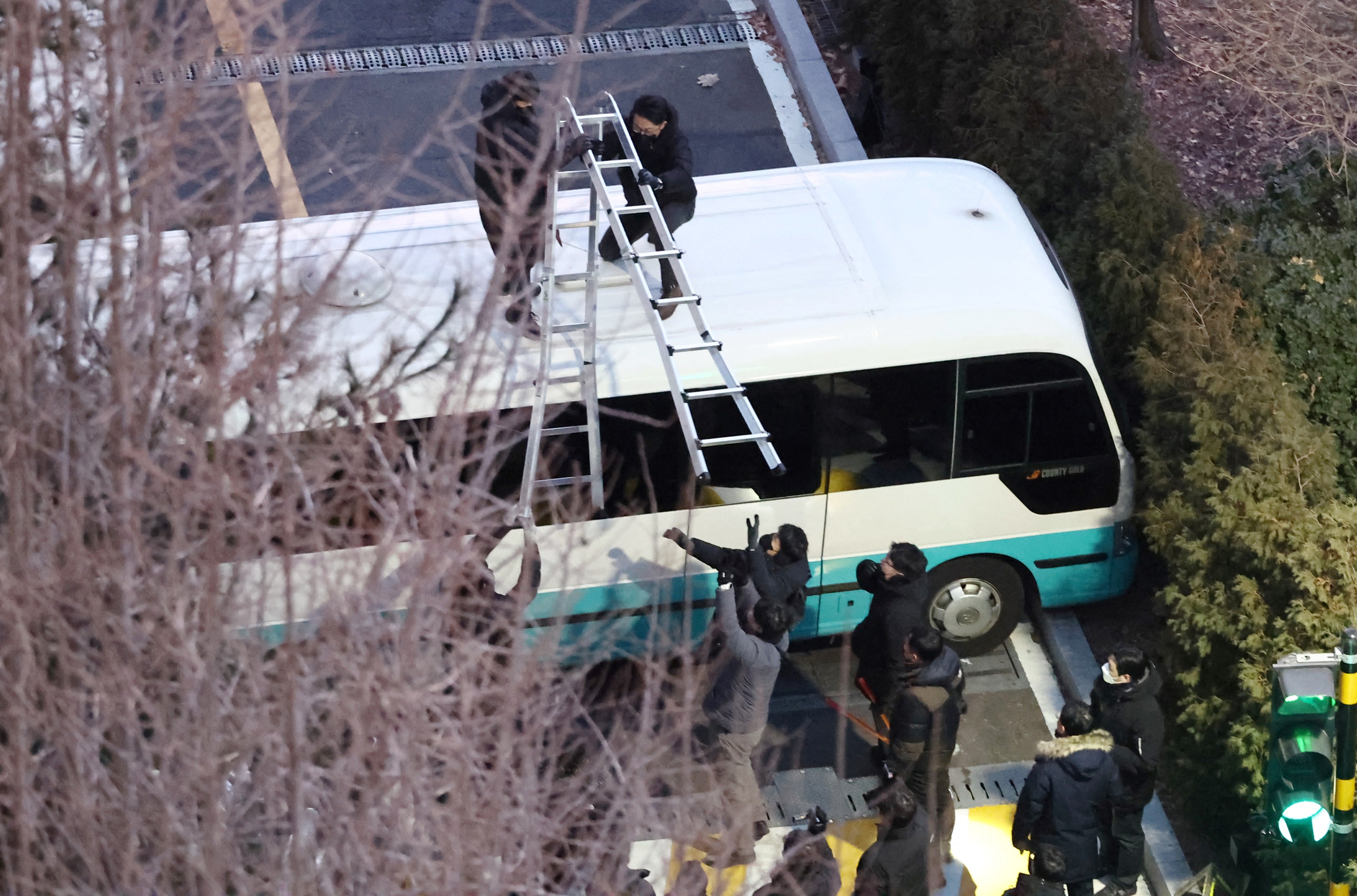
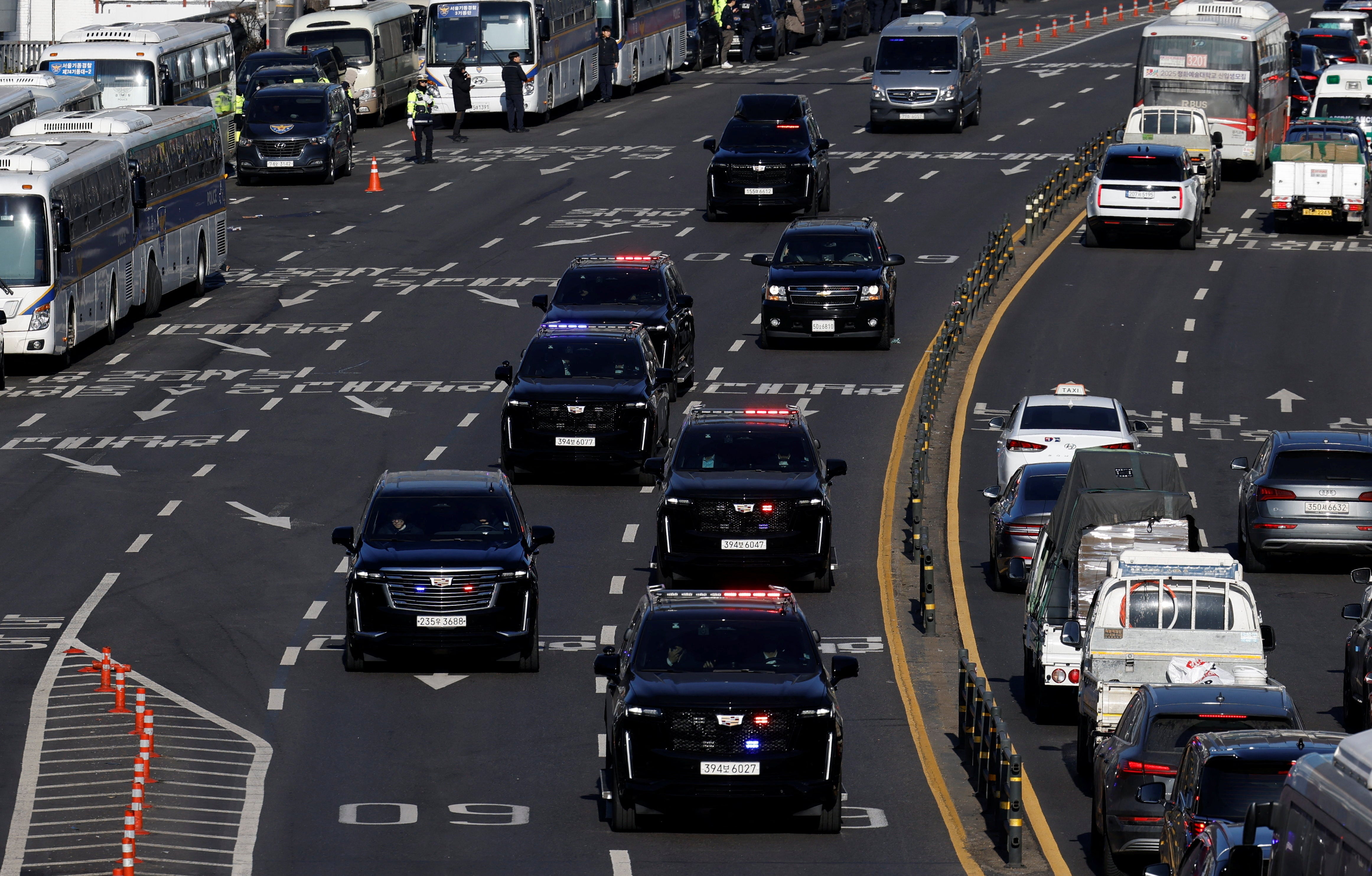
Some supporters were visibly upset outside his residence following the president’s arrest, expressing anger at the investigations against him. Others who had gathered to protest against Mr Yoon broke into celebration and clapped as he was taken away in a motorcade.
Wednesday’s dramatic scenes unfolded with anti-corruption investigators and police officers approaching Mr Yoon’s hilly compound early in the morning. Initially, police used ladders to climb over rows of buses positioned by the presidential security service to block entry.
The officers eventually gathered near a metal gate adorned with a gold presidential emblem. Joined by Mr Yoon’s lawyer and chief of staff, they accessed the compound through a side security door.
Later, the presidential security service removed the barricading vehicles inside the gate as thousands protested nearby, braving sub-zero temperatures.
Mr Yoon, 64, has already been suspended and stripped of his presidential powers after he was impeached through a vote in parliament, with an acting president now in place.
The Constitutional Court began a separate impeachment trial on Tuesday to decide if Mr Yoon should be permanently removed from office, but he did not attend that hearing.







